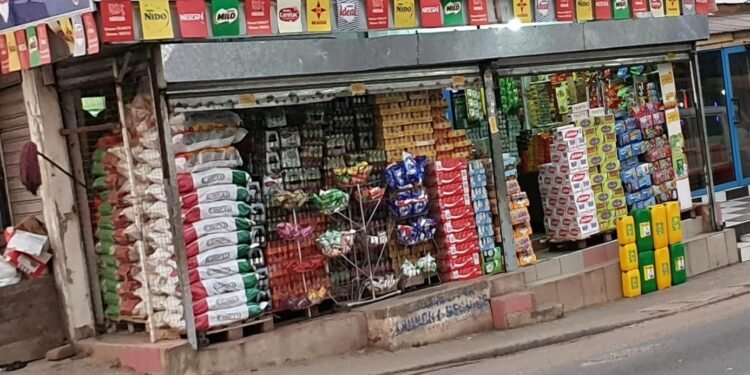The United Nations World Food Programme (WFP) has welcomed two contributions, totaling around US$9 million from the Government of Japan.
The WFP highlighted in a statement that it is a timely contribution as hunger deepens in South Sudan with more than 7.74 million people severely food insecure, including around 1.3 million children and 683,000 pregnant and lactating women who are expected to be malnourished this year.
The contributions will help support up to 300,000 people through 2022. The first grant of JPY400 million (approximately US$3 million) will be used to procure 1,500 metric tons of rice that will assist 41,500 people facing severe food insecurity. The second contribution of US$6 million, that has also been approved, will enable WFP to procure cereals, oil, and pulses to assist around 234,000 people later in the year.
“It is my hope that this Japanese food assistance will alleviate the suffering of the people of South Sudan and assist the country in pursuing development and prosperity. I am also hopeful that South Sudan will unleash its huge agricultural potential to increase food security for all its citizens in the future. Japan continues to support South Sudan’s efforts to this end”.
TSUTSUMI Naohiro, Ambassador of Japan to the Republic of South Sudan
“These two generous grants come at a critical time when the unprecedented food insecurity situation in South Sudan is deteriorating even further. While humanitarian needs are increasing sharply across the region and globe, we are grateful to see that Japan is maintaining its attention and commitment to supporting the people of South Sudan”.
Makena Walker, WFP’s Acting Country Director in South Sudan
These two contributions from the Government of Japan come at a time when widespread loss of livelihoods due to conflict and climate shocks have put millions of people in need of humanitarian assistance across the country.
The funding will support WFP’s emergency programmes with a special focus on vulnerable individuals or groups (women, men, girls and boys) in crisis-affected areas, as well as refugees and internally displaced populations.
The Government of Japan has been funding food assistance to developing countries since 1968 and has supported WFP’s work in South Sudan since 2013, contributing more than US$44 million.
WFP to enhance agriculture and food security of vulnerable communities in the Gambia
In a related development, WFP and the Government of The Gambia, today, August 17, 2022 launched the Gambia Agriculture and Food Security Project (GASFp) to reinforce food security and nutrition, and increase incomes of 170,000 vulnerable people including farmers, food processors, community members and school children.
“It is gratifying to note that this new project will scale up the achievements of similar agriculture and food security projects previously implemented by the Government of the Gambia. I am honoured to see that the project will build synergies with other partners’ work particularly that of the World Food Programme (WFP) geared towards increasing climate resilient value chain development as the basis for a sustainable Home-Grown School Feeding Programme”.
Dr. Demba Sabally, Minister of Agriculture
Funded by the African Development Bank and other development partners through the Global Agriculture and Food Security Program (GAFSP), this five-year project will be implemented by the Ministry of Agriculture (MoA) in partnership with WFP in Central River Region (CRR), Lower River Region (LRR), Upper River Region (URR), North Bank Region (NBR) and the West Coast Region (WCR).
“This project comes at the right time to support resilient and inclusive food systems for vulnerable communities. With the country now facing its worst food insecurity in the past 10 years – due to climate shocks, global conflicts, and COVID-19 pandemic, we are grateful to the Government for its trust in choosing WFP as its implementing partner. We will work closely with all parties involved to make it a success”.
Yasuhiro Tsumura, WFP’s Representative and Country Director in The Gambia
Through this project, WFP will closely work with smallholder farmers, linking them to schools to increase their income and productivity, ensure a reliable market access and ultimately build a sustainable home-grown school feeding programme in the country.
Overall, the Gambia Agriculture and Food Security project will contribute to a sustainable and comprehensive food security and nutrition through improved livelihoods, agricultural productivity and climate resilience building.
The project will also reduce vulnerabilities by promoting social safety nets such as home grown school feeding, rice fortification, sensitization for better nutrition, and water, sanitation and hygiene at school and community levels. National capacities will be enhanced to ensure community ownership and good governance through private sector partnerships and south-south and triangular cooperation.
READ ALSO: Backdoor Computer Malware In Africa Skyrocketed In Q2 2022























